As a deputy to the National People's Congress, the nation's top legislature, and a revered professor at the Tibet University's School of Ecology and Environment, Lhagchung's relentless dedication to ecological research has shaped his proposals for the ongoing sessions. His profound understanding of the ecological landscape and unwavering commitment to environmental conservation have garnered widespread attention and support.
Lhagchung is urging the government to bolster the development of a monitoring system for the Qinghai-Tibet Plateau's ecological environment, attach greater importance to the natural succession laws of the plateau's ecosystem and focus on natural restoration, with artificial restoration as a supplement.
"We should strive to enhance the ability and level of scientific protection and systematic governance of the ecosystem, vigorously promote the comprehensive implementation of ecological protection laws on the Qinghai-Tibet Plateau, and make every effort to safeguard the natural beauty, ecological beauty and the harmonious coexistence of humans and nature in Xizang," he said.
This is one of the main proposals he plans to share during this year's two sessions, the annual meetings of the NPC and the National Committee of the Chinese People's Political Consultative Conference.
Beyond his legislative responsibilities, Lhagchung's role as an educator has been equally pivotal. During the recent winter break, he meticulously monitored his students' research progress while conducting on-site inspections, imparting his rigorous research ethos to the next generation of scholars.
During the two sessions last year, Lhagchung's proposal to support and advance the establishment of top universities in the Xizang autonomous region received resounding endorsements.
This initiative has led to significant strides in the field of ecology, with the establishment of national-level field stations and key laboratories, and noteworthy accolades in the autonomous region's science and technology sectors.
"As part of the achievements from my proposal last year, we started developing the Yani Wetland, the only national wetland ecological field station in Xizang, and we have received special funding and monitoring instruments worth more than 10 million yuan (nearly $1.4 million) from the government," Lhagchung said.
Looking ahead, Lhagchung said his suggestions this year are focused on the creation of a national ecological civilization on the plateau, for which he is leveraging his extensive expertise in the field of ecology.
"I hope to emphasize the urgent need to fortify the monitoring system of vital wetlands in the Qinghai-Tibet Plateau, particularly in Xizang, to foster the development of an ecological security barrier and an ecological civilization on the plateau for the nation," he said.
He notes that the Qinghai-Tibet Plateau, renowned as the "Third Pole of the Earth", boasts a distinct topography, climate and natural resources, making it a pivotal geological, geographical and ecological region globally.
"Recognized as one of the 34 global biodiversity hot spots, this plateau harbors pristine terrestrial ecosystems such as forests, grasslands, wetlands and deserts, playing a pivotal role in China's national ecological security strategy," he said.
Xizang's steadfast commitment to ecological protection and restoration has yielded commendable outcomes, including substantial afforestation efforts, comprehensive management of degraded grasslands and stringent measures to rectify mining activities. These initiatives have significantly bolstered the stability and sustainability of the plateau's ecosystem.
Last year, the region continued to promote the protection and restoration of the ecological environment, establishing and implementing a series of related projects.








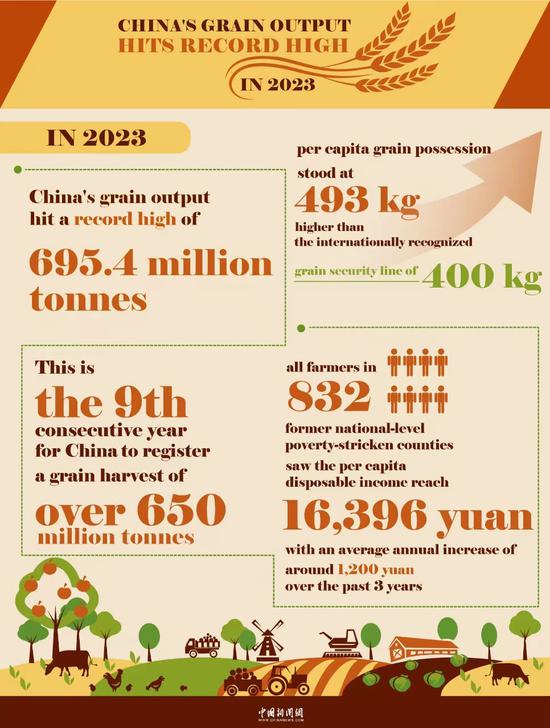





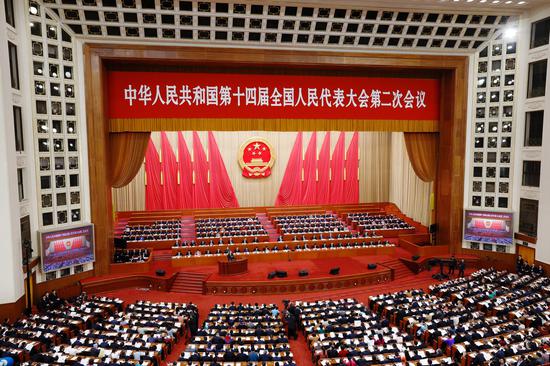

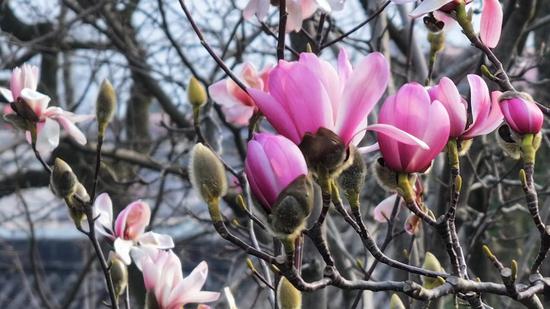

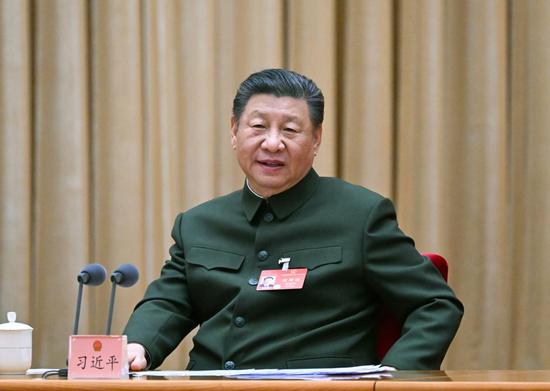
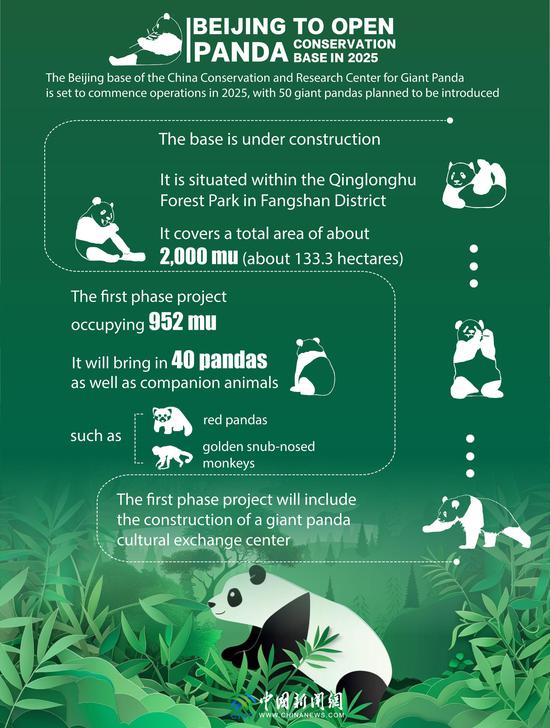

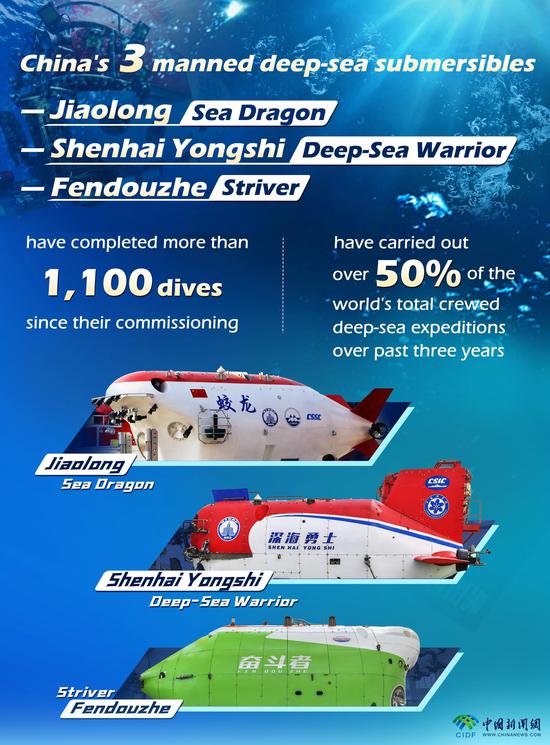
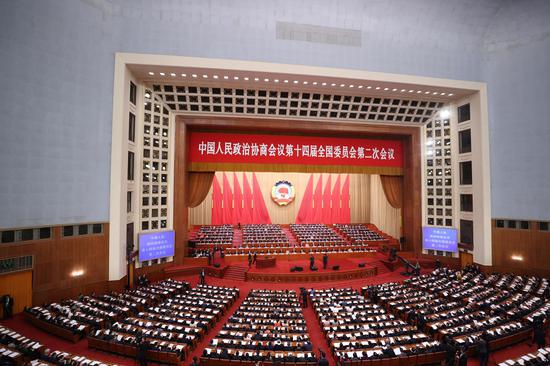
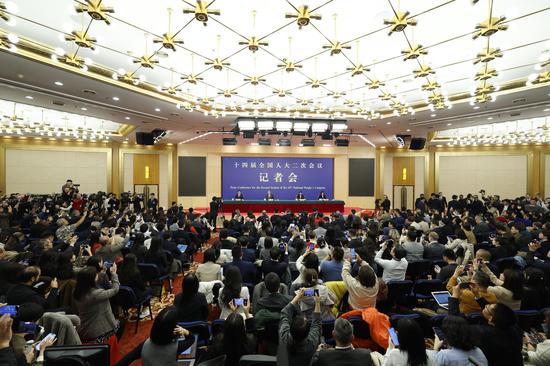

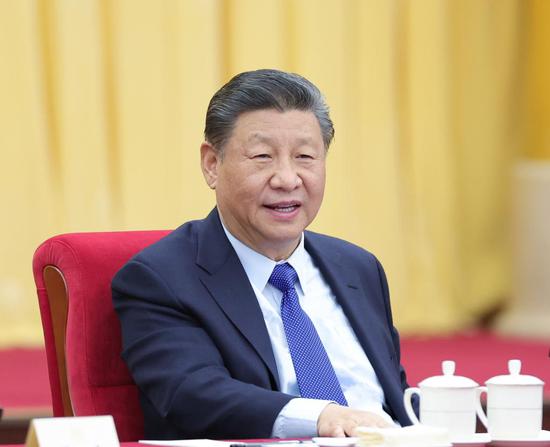


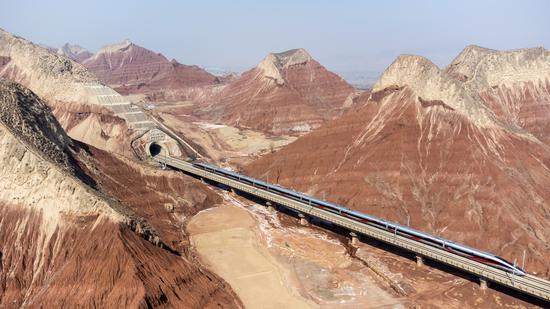

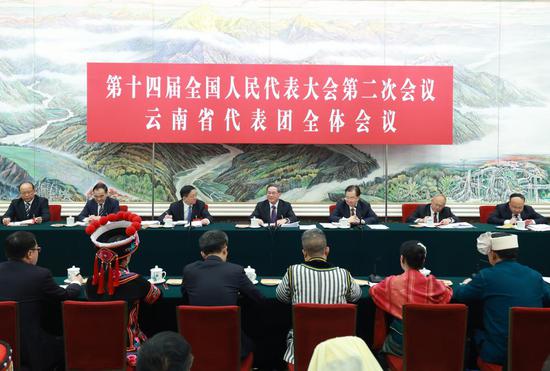
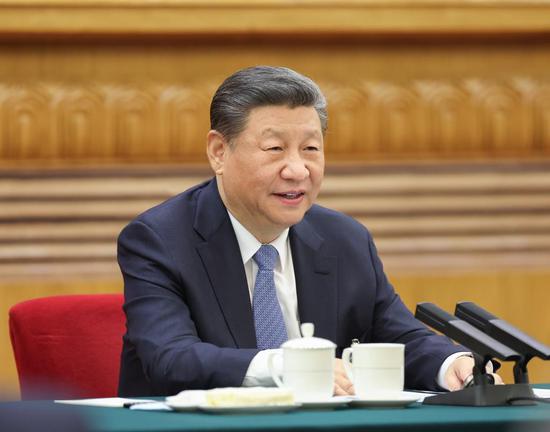

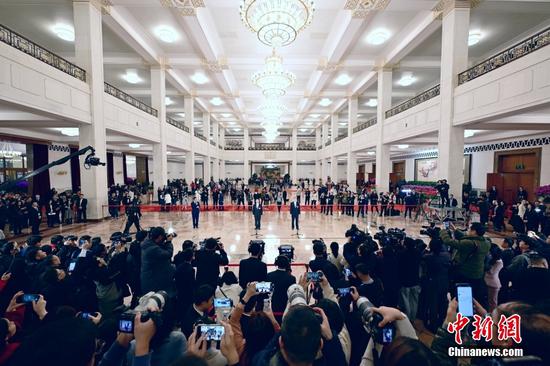
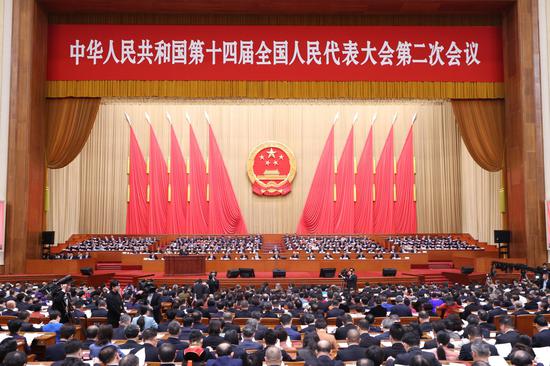

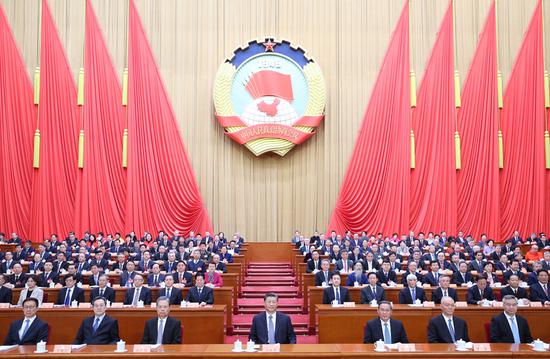
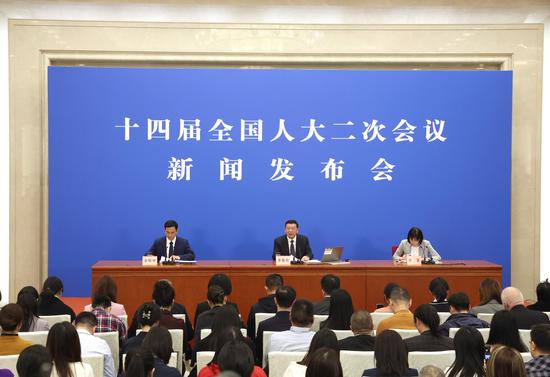



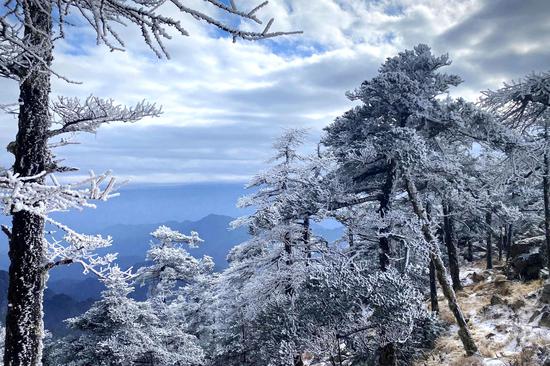
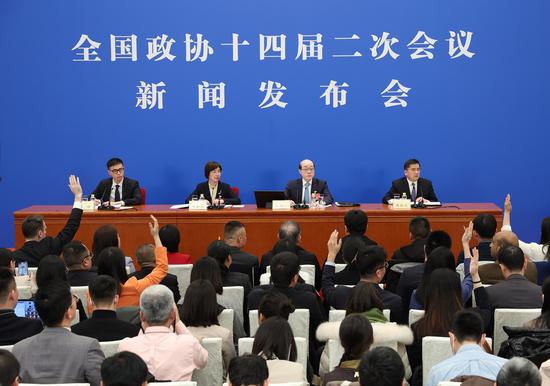

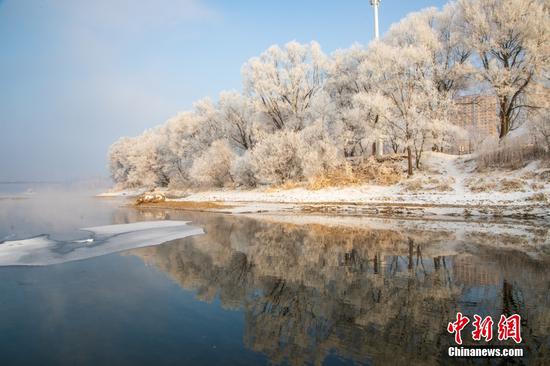





 京公网安备 11010202009201号
京公网安备 11010202009201号